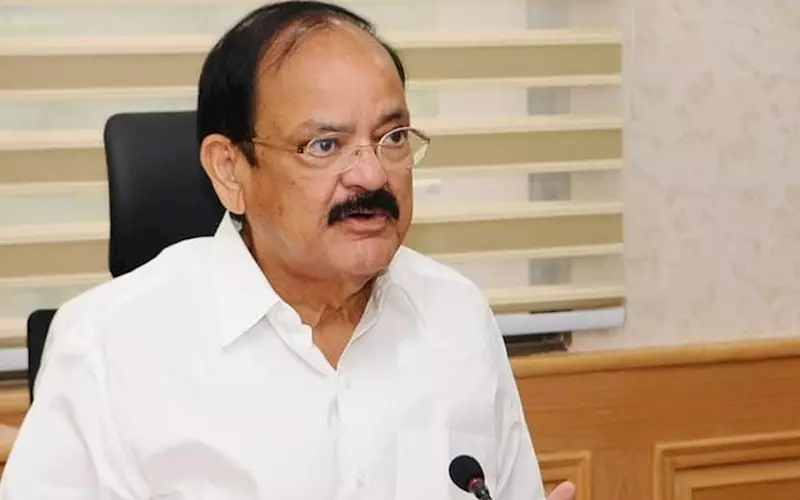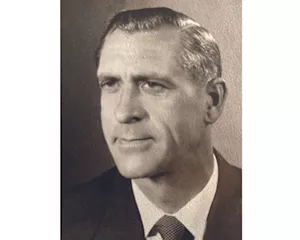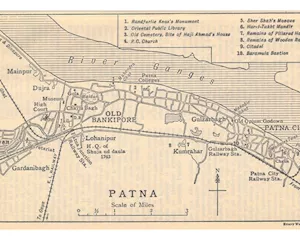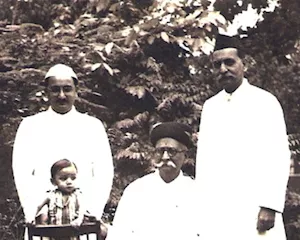Venkaiah Naidu: Print media pursued empowering people despite loss
In a Facebook post, the vice president hailed the media for its role in fighting the Covid-19 pandemic. However, he cautioned against the spread of fake news in social media.
20 Jul 2020 | By Aultrin Vijay
Vice president M Venkaiah Naidu has hailed the print media, calling media persons as frontline warriors for their dedicated efforts in "presenting the narrative of the pandemic for wider awakening".
"The only window to find answers to all our concerns and anxieties has been the media," said Naidu, and praised journalists for "empowering the people with necessary information, analyses and perspectives" about various aspects of the outbreak of coronavirus and the Covid-19 pandemic and partnering with people in fighting the disease.
In his Facebook post titled Media: Our partner in corona times, Naidu wrote about the role of media since the outbreak of the virus and complimented the media and media persons “for effectively discharging their core function of informing, educating and empowering the people to cope with the pandemic and for being an important part of our lives during the crisis as trusted partners.”
Naidu noted that defining the 'new normal' of living warranted certain understanding and knowledge of the virus, mechanisms of its spread, the behavioural modifications required, possible medical remedies and a whole lot of other information.
"In sum, people needed to be empowered with necessary information and the wherewithal to take informed actions to keep oneself beyond the pale of the virus and survive the onslaught of the pandemic. This burden of empowerment fell on the shoulders of the media at the most critical times of our lives in the 21st century. In my view, the media by and large rose admirably to the occasion," he wrote.
He also mentioned that the print, television and social media have been in the forefront of empowering us with a range of information required to empower ourselves to deal with the present situation and commended the role played by the media in "informing, educating and empowering the people with the necessary means" during the ongoing Covid-19 crisis.
Naidu also revealed that he follows print media more closely. "The amount of space provided for coronavirus and the unfolding pandemic, outscored even war time reporting. Innovative product spaces have been introduced and persisted with to cater to the information hungry readers. Extensive analysis of various aspects of the disease and its impacts still continues in a mission mode."
However, he had mixed opinions on the news generated through television and social media. While he praised the television for bringing out the hardships faced by the vulnerable sections of the society, especially migrant crisis, during the pandemic, he said that some sections of TV should have desisted from and avoid hyping the situation and sensationalising it. "No purpose would be served by creating an unnecessary panic as it may lead to deleterious consequences by unsettling the minds of the people who are already overtaken by anxiety," he noted.
However, he urged people to use social media judiciously owing to the spread of misinformation in some instances. "It (social media) did help greatly to stay connected more easily during the confinement. It, however, had its downside in the form of spreading of unauthenticated information about the disease and its cure giving currency to several myths and it was uncalled for."
He also warned Internet users to disseminate only authenticated information. "I have always maintained that confirmed information is always effective ammunition and unconfirmed information is pregnant with several undesirable consequences."
In his post, Naidu also maintained that the media was the bridge between the governments and the people by enabling a two-way communication. Referring to journalists as the fourth pillar of democracy, he suggested media to highlight success stories of individuals, communities and the administrations, and focus on best practices followed by various governments in different countries.
Highlighting the layoffs and salary cuts at various news establishments in India during the pandemic, Naidu said, "With economy contracting due to restrictions, advertisement revenues have dried up. Scale of operations had to be adjusted and a good number of media persons had to take a pay cut. But, by and large, the media persisted with the mission of empowering the people when it is needed the most. I commend this spirit."
He also noted the issues pertaining to newspaper distribution during the lockdown and that some readers are still not accepting newspapers, fearing it to be carriers of the contagion. However, it was a myth that was busted by Dr George Lomonossoff, a renowned virologist in the UK's John Innes Centre. He said, "Newspapers are pretty sterile because of the way they are printed and the process they've been through. Traditionally, people have eaten fish and chips out of them for that very reason. All of the ink and the print makes them quite sterile."
Nivedita Gupta, chief epidemiologist at the Indian Council of Medical Research (ICMR), also confirmed that Covid-19 is a “respiratory infection” and there is “no risk” of catching it through newspapers and packages.
He also described the media as the chronicler of the pandemic. "Another important function of the media in the process has been that it emerged as the chief chronicler of the pandemic by documenting every detail about the corona virus and its manifestation on the ground in terms of social and economic impacts. The prospective historians of the current pandemic would heavily rely on these accounts of the media for the benefit of posterity," said Naidu.
"By highlighting various aspects of the pandemic and documenting the same in both factual and analytical manner, the media has set the agenda for debates and discussions on the management of the pandemic in our parliamentary institutions. Media reports including their analytical accounts would be the principal sources of reference for raising relevant issues," he added.
"Let's all acknowledge their contribution and pat them as they deserve it," he concluded.














 See All
See All